I can’t believe it but Christmas is only just eight days away now! I know everyone is so busy writing letters to Santa, being good so they don’t get on the “naughty” list, wrapping Christmas presents for their parents, and baking cookies for Father Pat! But before we do all that, our Church asks us to take a minute and remember what it is that we’re about to celebrate.
And what we’re about to celebrate is pretty special. God loved the world so very much that he sent his own Son to live among us and bring us closer to him, and to take upon himself the punishment for all our many sins. God would rather die than live without us, and so he did. But death doesn’t have any power over us because Jesus rose from the dead. And all of this wonderful mystery begins in just eight days, or at least it began on that day, a couple of thousand years ago.
And we know the story: An angel came to Mary to tell her that she would give birth to a son by the power of the Holy Spirit. Because she was faithful and full of grace, she said “yes” to God’s plan for her, and because she said “yes,” our world and our lives have been different – better, more hopeful – ever since! Jesus grew to be a man who was both mighty in his power to save us, and a wise prophet who helped us to learn about God and his kingdom.
That list in the Gospel reading was quite a list of names, wasn’t it? I’m not supposed to say anything, but Mr. Hueg said there was going to be a pop quiz on those names before your Christmas party today, so good luck! It always strikes me that this list of characters, which is basically the human family tree of our Lord, is so much like any of our families’ history. This is a list of forty-two generations of the nation of the people of Israel led by people of greatness, and, well, people of something else. Some of them were heroic like Abraham, Isaac, Jacob and Judah and to some extent David and Solomon. But some of them were pretty wicked, especially Manasseh, whose wickedness in shedding innocent blood made God so angry that he allowed the Israelites to be taken into captivity by the Babylonians during the reign of king Jeconiah. So we have forty-two generations of people, some of whom were saints and some who were sinners, great men and flawed men, all leading up to the Incarnation of Christ, who was the only way to end the cycle of sin that spiraled all through the story.
Today we begin the more intense period of Advent that extends from December 17th through the morning of Christmas Eve. During this time, the Church’s Liturgy makes us yearn all the more longingly for the birth of Jesus and his presence in our lives. Just as forty-two generations of a mix of wisdom and foolishness could only be fixed by the presence of Christ, so the foolishness of our time calls for Jesus too.
During these last days of Advent, we pray the “O Antiphons.” We hear those antiphons famously in the song “O Come, O Come Emmanuel.” The verses are also used during Evening Prayer. Today’s is “O Wisdom,” and the verse from “O Come, O Come Emmanuel” is, “O come, O Wisdom from on high, and cheer us by your drawing nigh. Disperse the gloomy clouds of night, and death’s dark shadow put to flight…” We trust God to come near, to be Emmanuel, God-with-us, to satisfy our longing for wisdom, to make sense of all the craziness in the world, with the loving presence of Jesus.
And so we pray: Come, Lord Jesus and bring us peace. Come, Lord Jesus and put an end to the world’s foolishness. Come, Lord Jesus and bring us your Wisdom. We need you! Come quickly and do not delay.
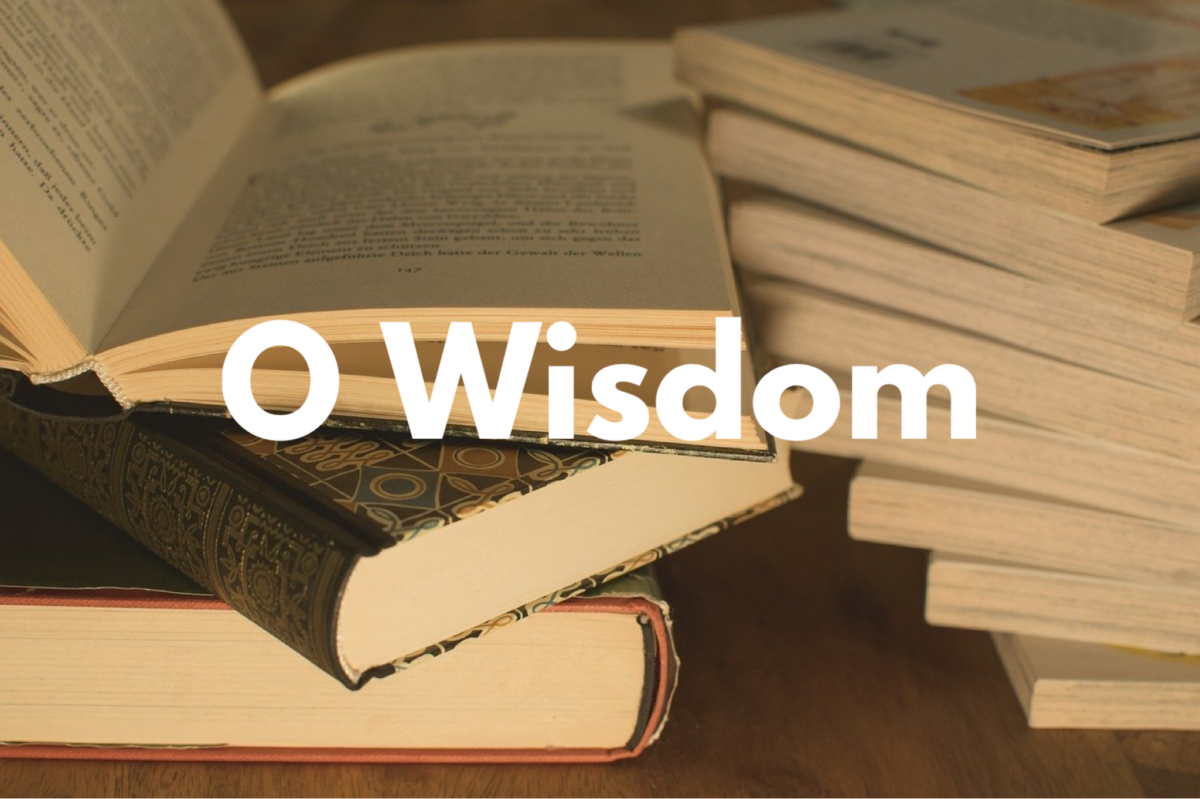
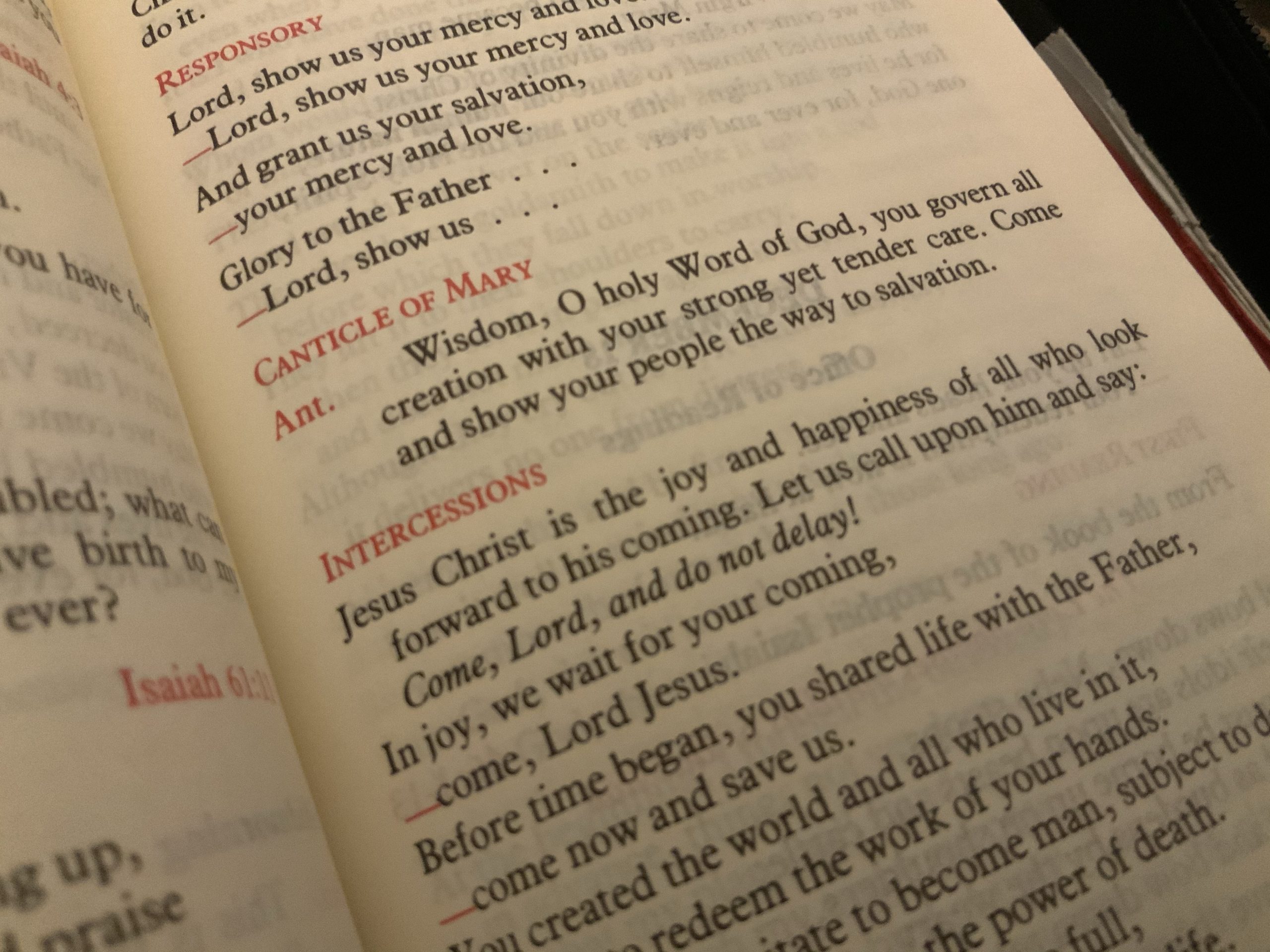
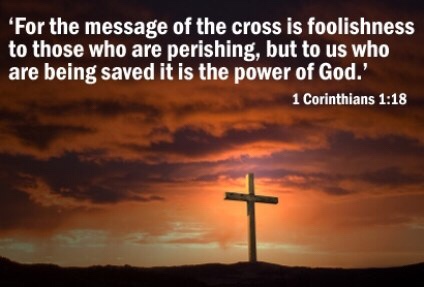
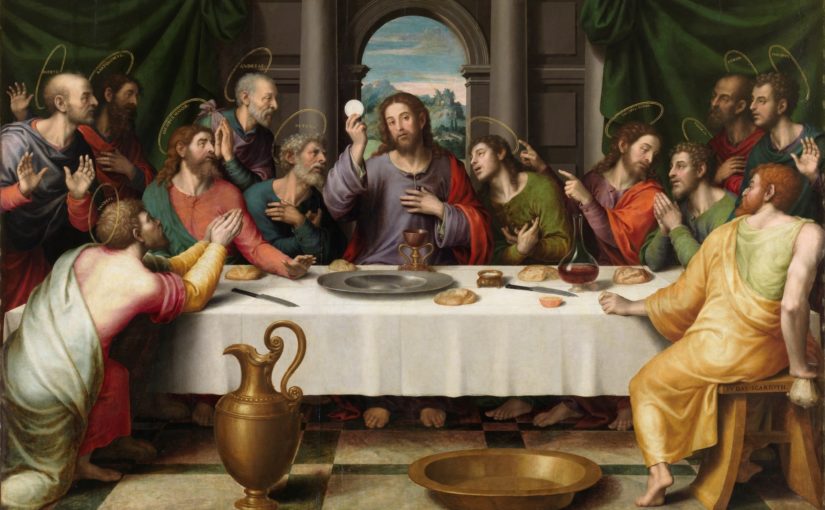
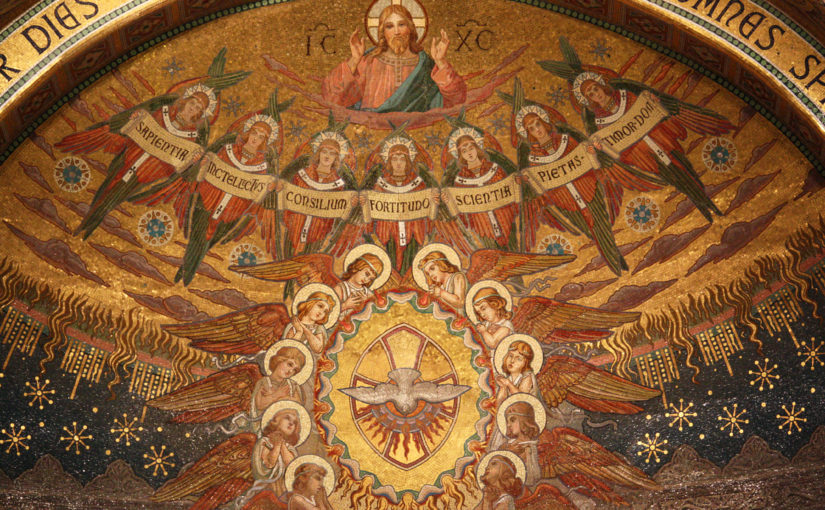
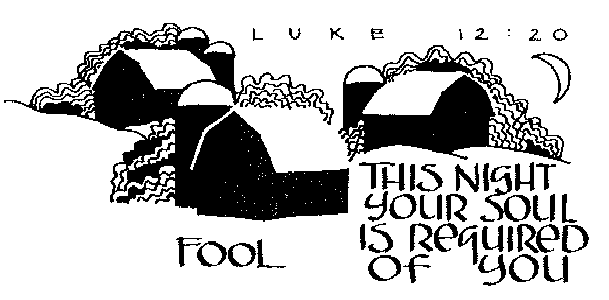
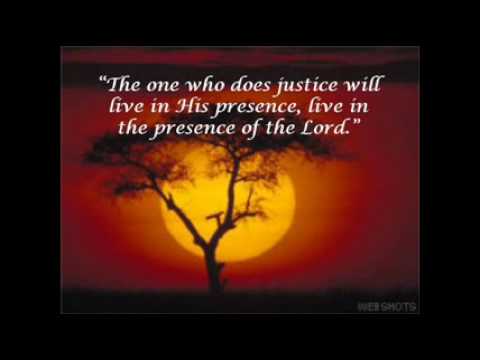

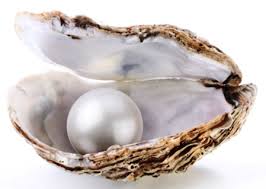
You must be logged in to post a comment.